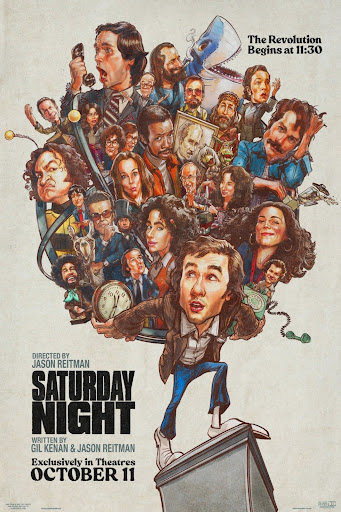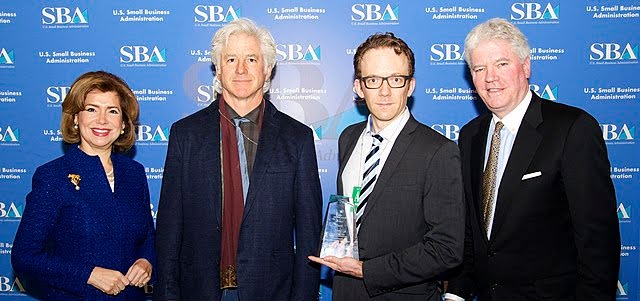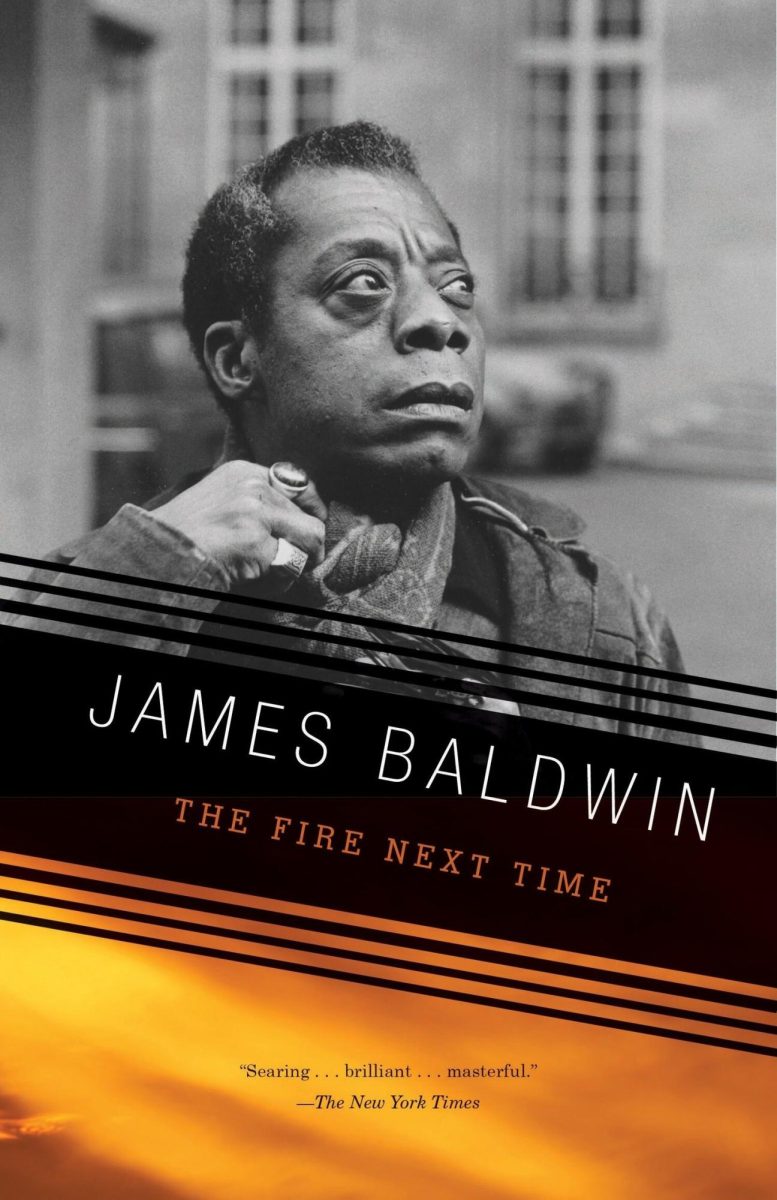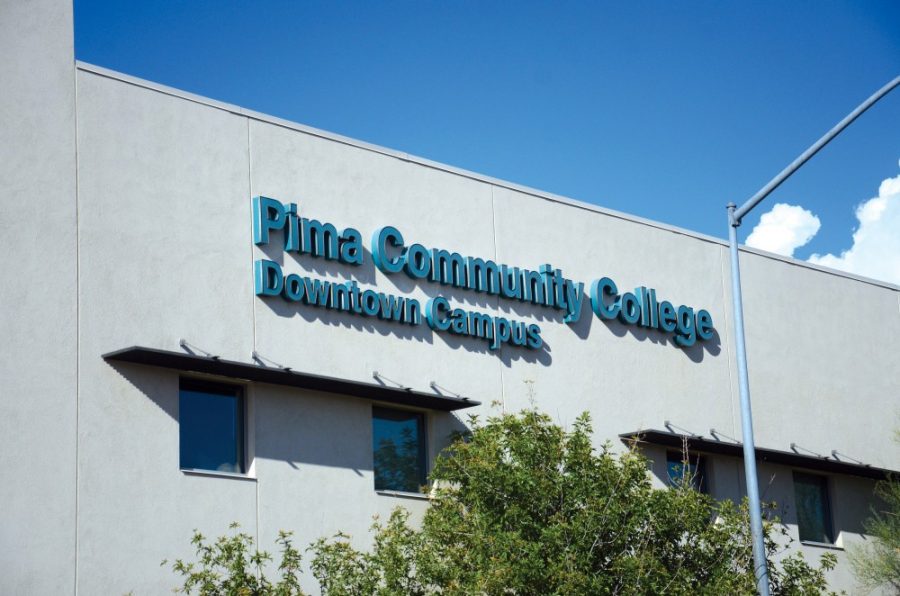Sexual assault is a problem at the UA. It has been a problem for many, many years and it will continue to be one for many more — this can not and must not be denied. As on all other campuses in this country, the combination of many institutional misunderstandings and, sometimes, willful institutional negligence has silenced survivors.
Today, Sexual Assault Awareness Month ends, but our consciousness of these systems must be heightened for longer than just 30 days.
On many campuses, it’s the efforts of student journalists on the ground that have extended this consciousness, that have broken the story of sexual assault, that have been responsible for exposing institutional inequities in all arenas. Now, activism at Columbia University in the form of carried mattresses and projected mantras is covered in national newspapers, but, at first, outrage began as a two-part investigation by Anna Bahr in her blog “Bwog.” In Boston University’s The Daily Free Press, just two days ago, a letter to the editor from a survivor of the reporting process was published.
These student-run papers and websites have served as forums for disclosing, for venting, for rallying. Of our student-run paper, readers should expect nothing less.
On our campus, though, the Daily Wildcat’s relationship to the topic of sexual assault throughout the years, throughout many editorial boards and throughout many graduating classes has been, at times, just as fraught as the university’s. Mistakes have been made; ignorance has sometimes overshadowed experience. Even as our own understanding of the issues evolves, even though our paper changes hands from staff to staff every semester, each with different experiences and outlooks, we cannot expect our unclean slate to be blanked out so often. It follows that survivors, already often betrayed by institutions, have lost faith in us as an outlet through which to tell their stories, do not trust us to represent their trauma with accuracy and objectivity.
We cannot adequately express how much we wish to repair that relationship. Reporting on the welfare of students and whatever may threaten it is our top priority. As students, journalists, friends of survivors and, for some of us, survivors ourselves, we have a vested interest in justice and accountability around sexual assault.
We do not seek to contribute to a culture in which survivors are discredited or silenced — in which these patterns prevent them from coming forward. Instead, we would like to amplify the stories of survivors who wish to share, to ensure that they can’t be ignored any longer, to guarantee that change will occur. Navigating a large institution alone is terrifying; together we are strong. So to survivors we offer this message: We support you. We believe you. We’re here for you, and we will be here, patiently waiting.
_______________
Follow us on Twitter.








